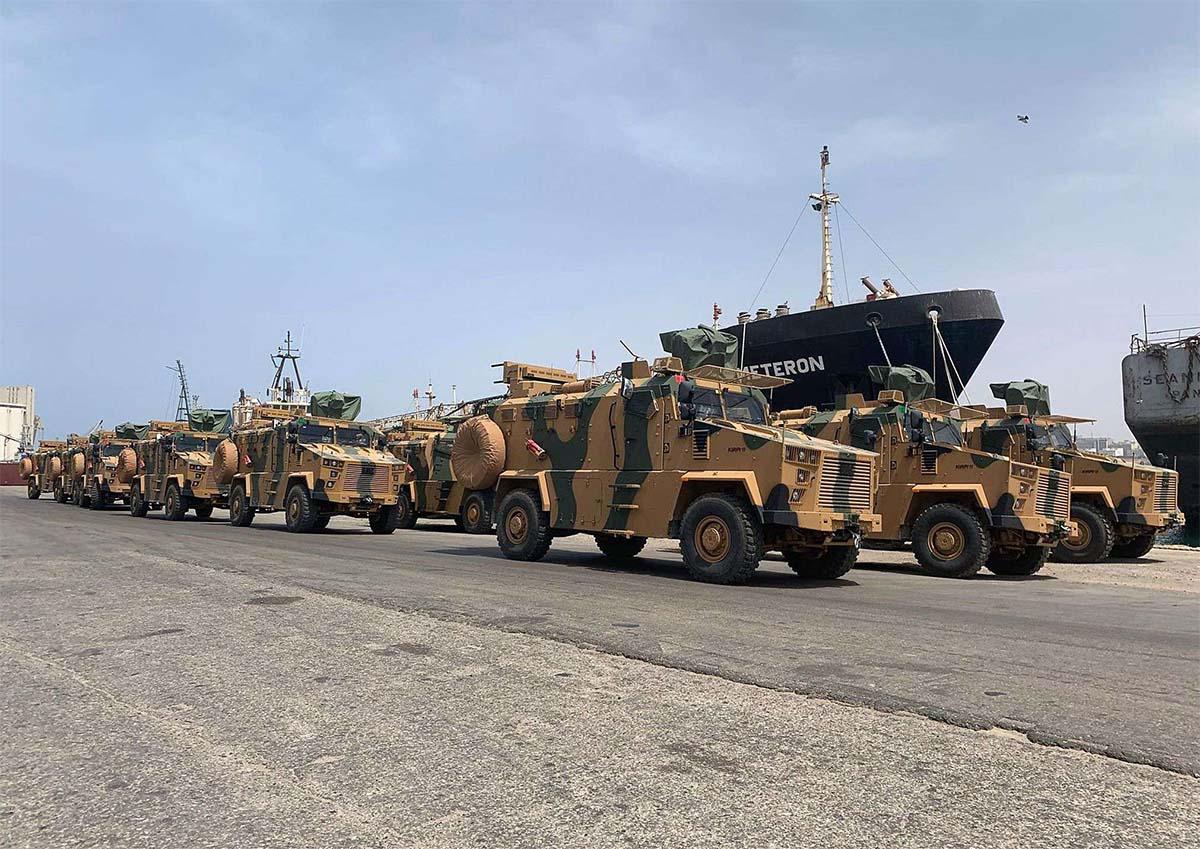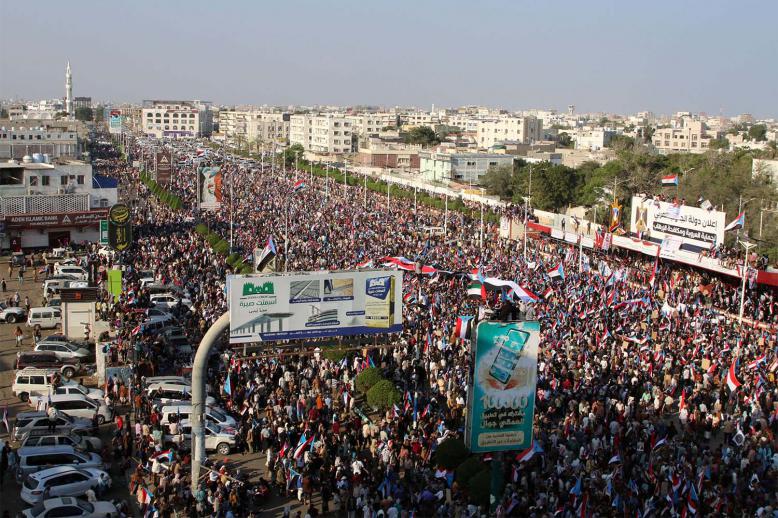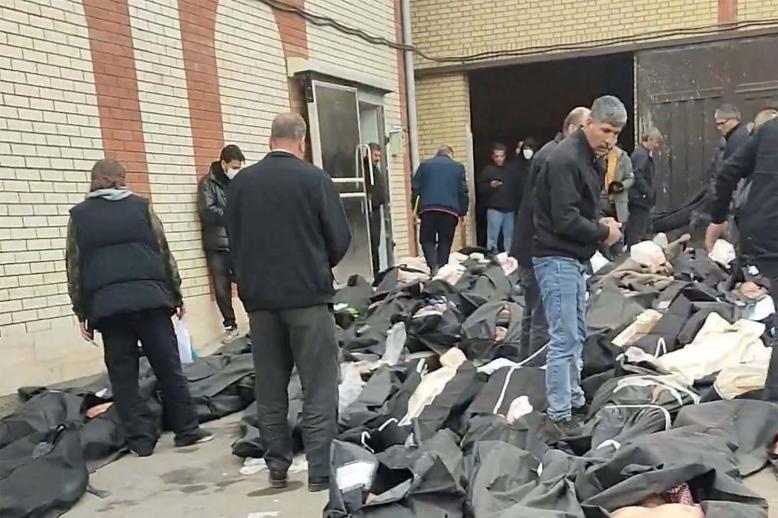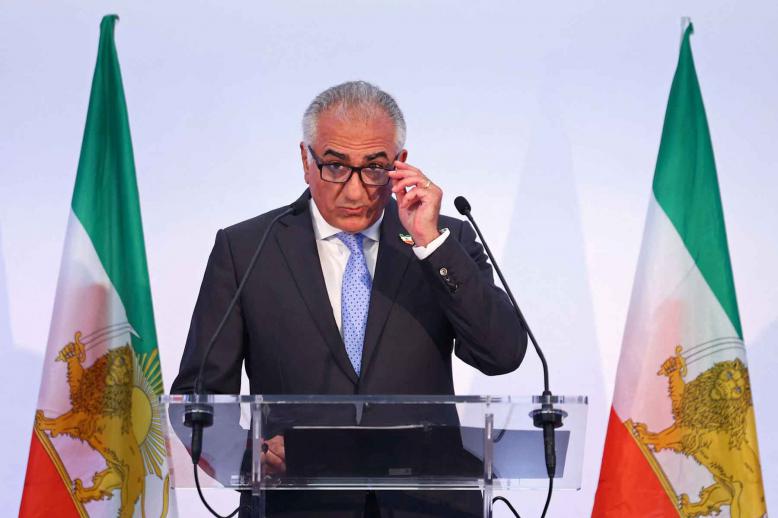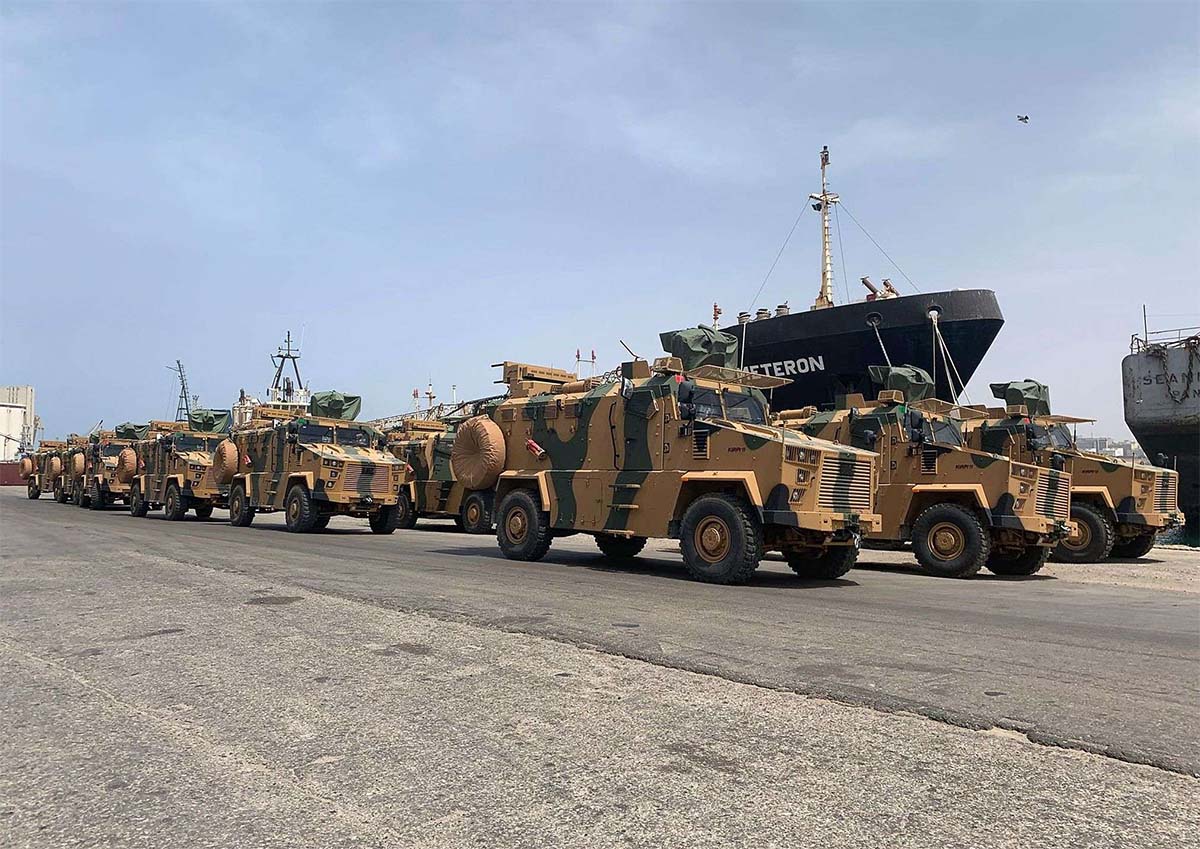UN envoy warns of 'long and bloody war' in Libya
UNITED NATIONS - The UN envoy for Libya warned Tuesday the battle for Tripoli was "just the start of a long and bloody war" and called for immediate steps to cut off arms flows fueling the fighting.
"I am no Cassandra, but the violence on the outskirts of Tripoli is just the start of a long and bloody war on the southern shores of the Mediterranean, imperilling the security of Libya's immediate neighbours and the wider Mediterranean region," Ghassan Salame told the Security Council.
Without immediate action to stop the flow of arms, "Libya will descend into civil war which could potentially lead to a Hobbesian all-against-all state of chaos or partition of the country," he said.
His appeal came after the Tripoli-based government of national accord posted photographs at the weekend of dozens of Turkish-made armoured vehicles that it said on its Facebook page were fresh deliveries for its fighters.
Pro-Haftar websites also posted photos and video footage of Jordanian-built armoured cars they said were supplied to the Libyan National Army, Haftar's self-styled militia based in the east.
UN experts earlier this month said in a confidential report to the council that missiles fired at pro-Tripoli forces in April pointed to a likely drone attack that could involve a "third party," possibly the United Arab Emirates.
The Security Council failed last month to agree on a draft resolution demanding a ceasefire in Libya and a return to political talks to end the conflict.
Russia refused to include any mention of Haftar's offensive on Tripoli while the United States said it needed more time to consider the situation, diplomats said.
The envoy urged the council to set up a commission of inquiry to "determine who has taken up arms" and prevent indicted war crimes suspects from taking part in military operations.
More than 75,000 people have been driven from their homes in the latest fighting and 510 have been killed, according to the World Health Organization.


